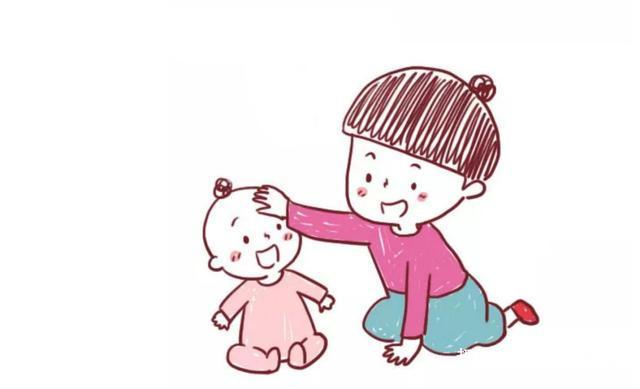During the puerperium, coughing is usually related to physical weakness or a cold. To alleviate this condition, several practical methods can be taken: first, ensure fresh air circulation indoors. Because of postpartum weakness, airtight spaces may worsen coughing, so opening windows for ventilation or using an air purifier is necessary, which can reduce respiratory irritation.
Secondly, frequent consumption of warm water is beneficial for coughing. Warm water can moisten the throat, alleviate cough discomfort, help thin and expel phlegm, maintain body hydration, enhance the body’s resistance, and speed up the recovery process.
Furthermore, consider using certain Chinese herbal medicines in moderation to treat coughs, such as Fritillaria, Lily, and Pear Syrup, which are all effective in moistening the lungs and relieving coughs. However, before taking any Chinese herbal medicine, it is essential to consult healthcare professionals to avoid adverse reactions or allergies.
Apart from the above conventional methods, other treatment options can be explored, such as integrating traditional Chinese and Western medicine or Chinese medicine fumigation. Combined traditional Chinese and Western medicine treatment adjusts Chinese and Western medicine flexibly based on the patient’s actual condition to enhance treatment effectiveness. Chinese herbal fumigation involves inhaling herbal steam to clear phlegm and relieve coughing. Regardless of the type of complementary therapy, strict adherence to medical advice is necessary, taking into account individual constitution and tolerance.


